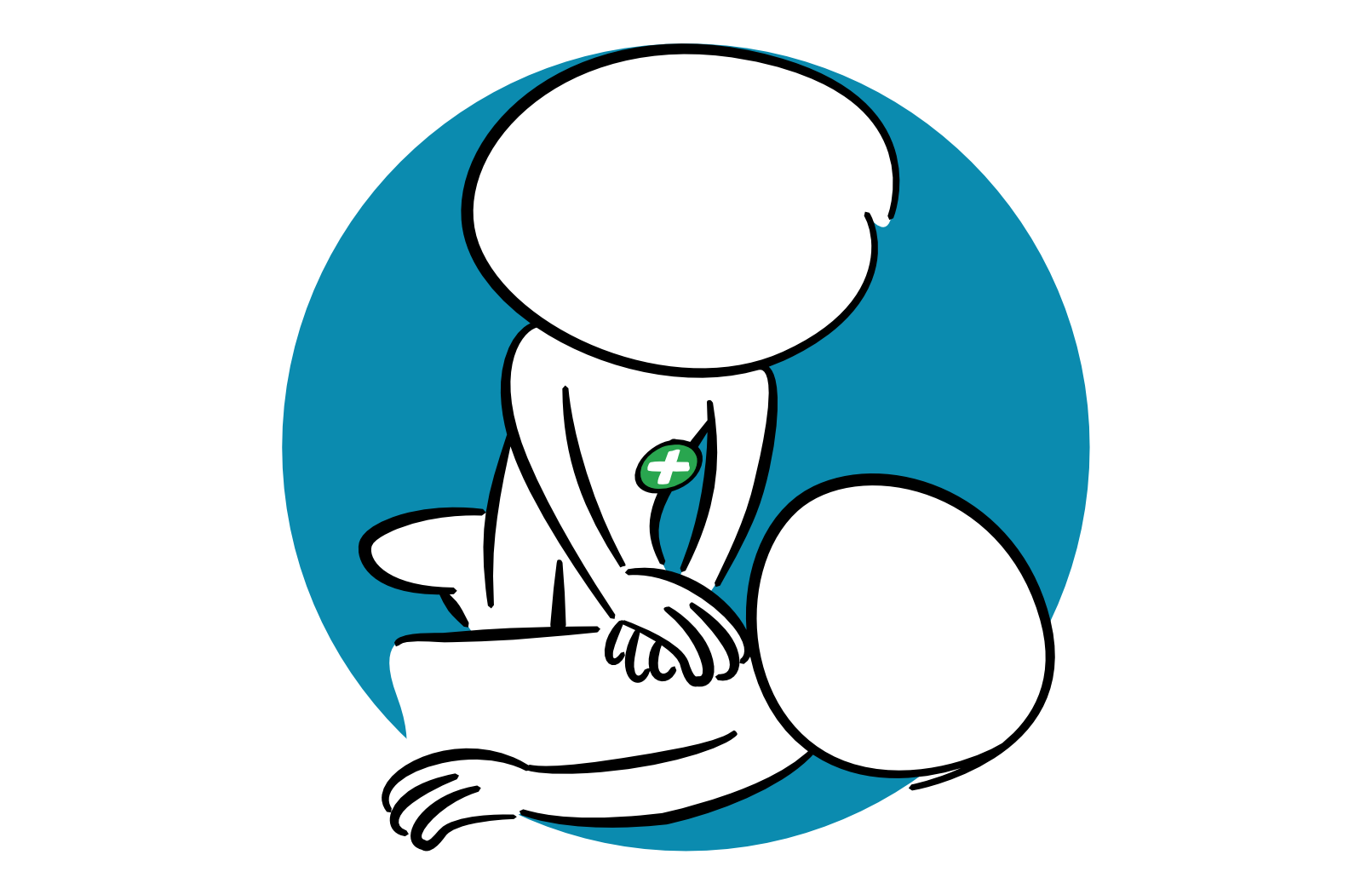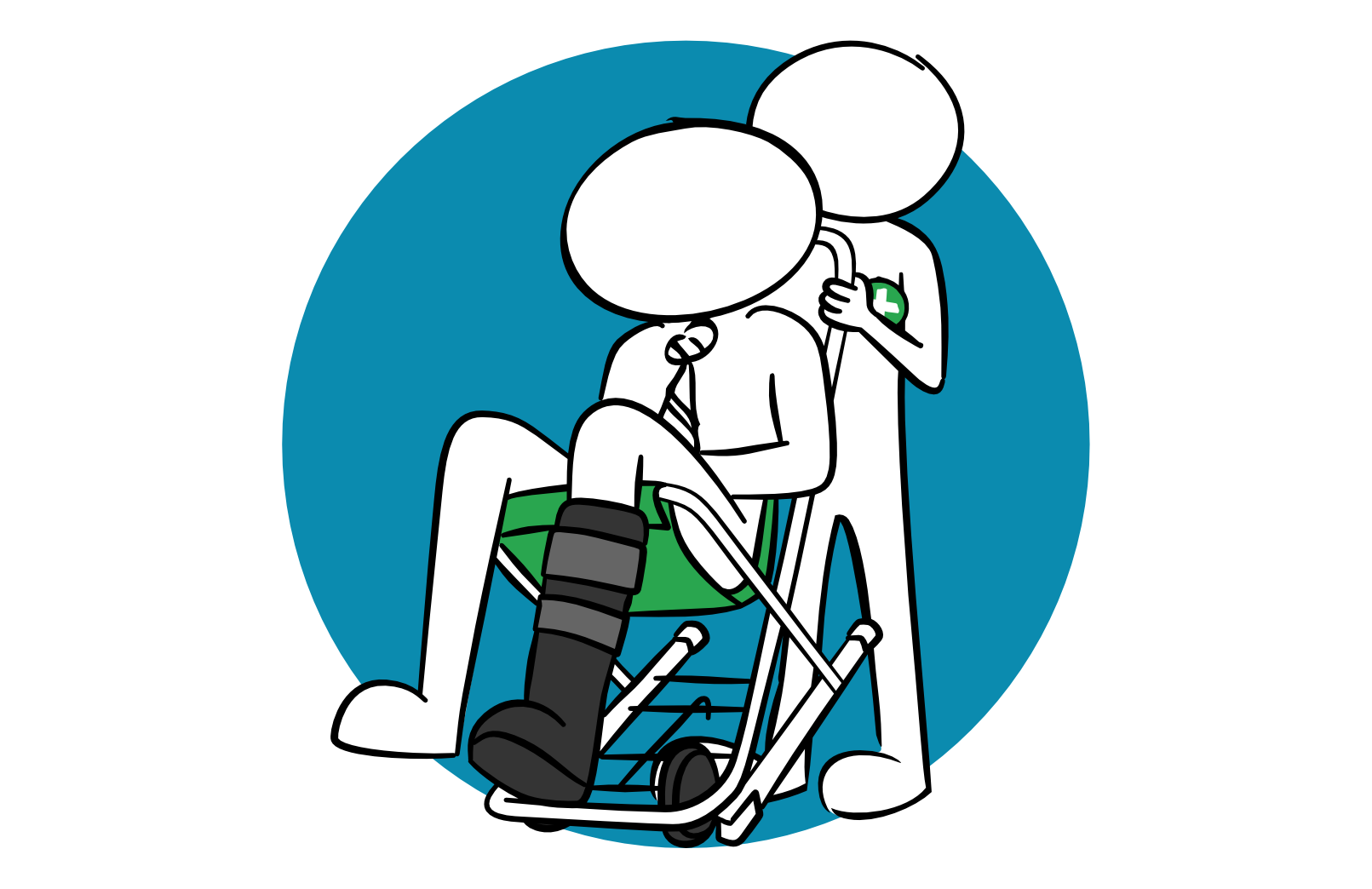It’s easy to think that CPR is best left to the professionals, or that someone else will know what to do in an emergency situation but the numbers and, often, our customers, are telling us a different story.
Every year, over 30,000 people in the UK experience out-of-hospital cardiac arrest (OHCA). Alarmingly, survival rates remain low; recent data reveals that fewer than one in twelve patients survive to 30 days after experiencing an OHCA. This statistic highlights just how crucial it is for immediate, on-scene intervention to take place in the form of Cardiopulmonary Resuscitation (CPR).
In a recent demonstration of the importance of CPR, King Charles participated in a training session at the Royal College of Nursing in London. The 76-year-old monarch, who has a history of first aid training from his time in the Royal Navy, emphasized the significance of knowing how to handle medical emergencies to help others, including family members. His involvement aims to inspire others to learn life-saving techniques (BBC News).
Bridging the Gap: The Role of CPR Training
Despite the evident importance and need, a significant portion of the UK population remains untrained in CPR, with statistics suggesting that over 23 million adults have yet to learn this life-saving skill.
This gap highlights an urgent call to action: equipping individuals with the skills and confidence to perform CPR can dramatically improve survival rates.
Take Action: Learn CPR with Help First Aid Training
Empowering yourself with CPR skills is a straightforward yet crucial way to make a difference - and learning won't take up much of your time!
There are online resources out there, such as RevivR, from the British Heart Foundation, and for those of you who prefer to learn hands-on, Help! First Aid Training is here to help! www.helpfirstaidtraining.co.uk
Offering various different ways to learn this vital skill, we understand that whilst the knowledge may be in your head, some people prefer to learn through practical experience, so that, should an emergency situation arise, they have the confidence and practice to know what they need to do.
For groups and businesses, we can support in the form of a 3-hour basic life support course, allowing everyone loads of time to practice their skills and to put any questions to our highly experienced instructors. Find out more; https://helpfirstaidtraining.co.uk/courses/basic-life-support
For individuals, all of our open courses, which run from our business centre in Shildon, County Durham, cover the vital skills of CPR, again, with bags of time allowed to practice, ask questions and to hear about our instructor's years of experience, both in the military and in the community. Find out about Emergency First Aid at Work and First Aid at Work courses here; https://helpfirstaidtraining.co.uk/courses
We’ve even facilitated drop-in CPR sessions, for various organisations, at venues in Darlington, Sunderland and across the North East, which have proved to be great fun for everyone involved.
How ever you choose to learn, it's important to say that you're not only enhancing your own skills but also contributing to a community-wide effort to improve cardiac arrest outcomes. Remember, the life you save could be that of a loved one.
If you would like to find out more, please get in touch, we’d love to hear from you!
www.helpfirstaidtraining.co.uk
info@helpfirstaidtraining.co.uk
Tel: 01388 417303
Related News
World Heart Day – Why Heart Health and CPR Training Matter
World Heart Day happens on 29th September, so lets take the opportunity to explore some important facts about the heart, cardiac arrest and the vital role of CPR and defibrilation.
What are my Responsibilities as a First Aider?
You’ve completed your first aid course – congratulations! But now you’re a qualified first aider…what does that actually mean in practice?
Supporting Positive Wellbeing in the Workplace
Mental Health Awareness Week is a powerful reminder of the importance of emotional wellbeing – not just in our personal lives, but also in our working lives.



